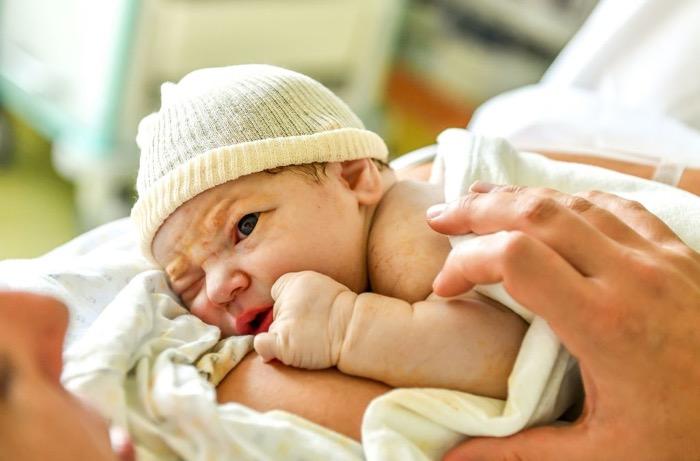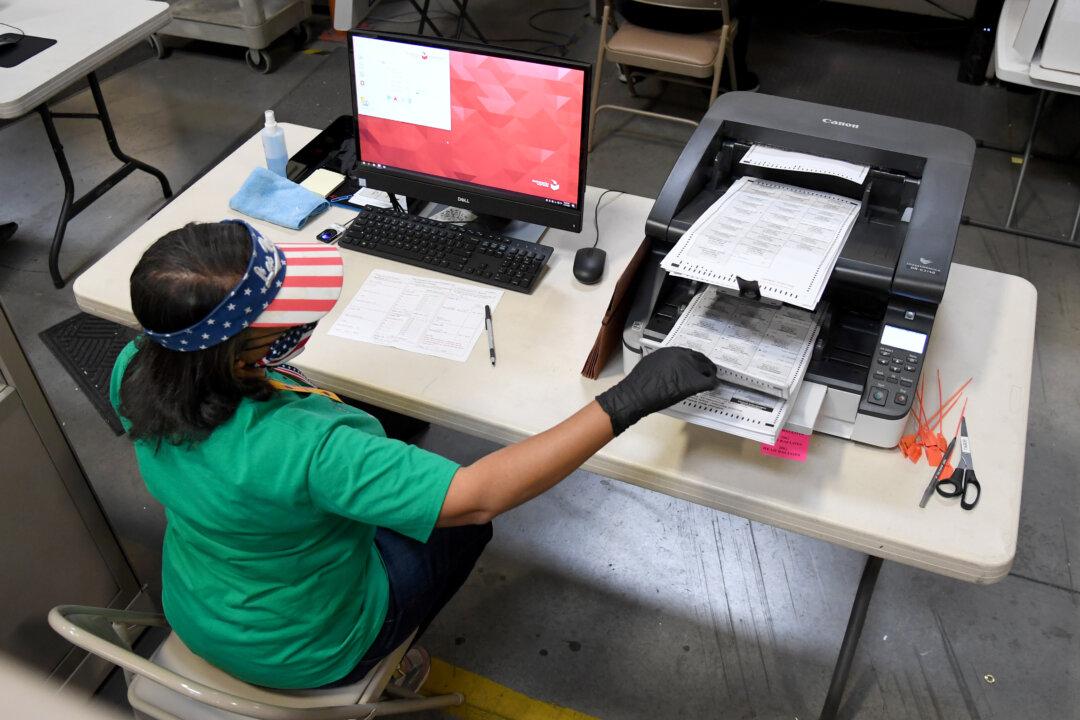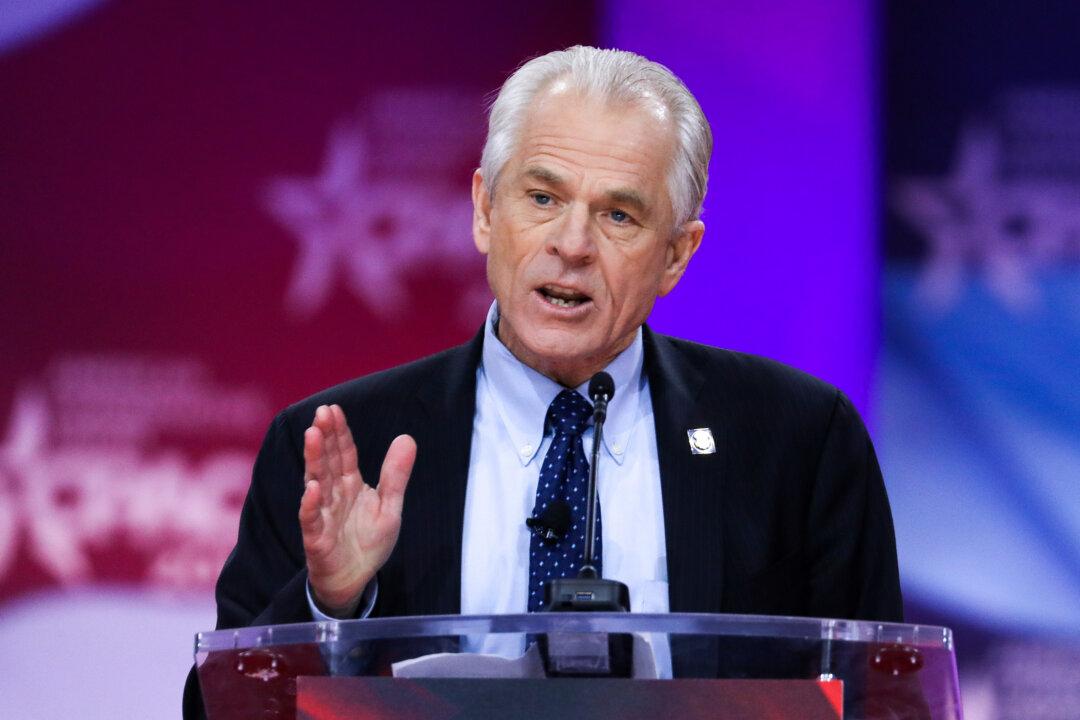The Supreme Court of Pennsylvania on Dec. 28 ruled that women’s use of opioids during pregnancy does not constitute child abuse, according to court documents.
It was found that fetuses and unborn children do not fall under the definition of a child under the Child Protective Services Law (CPSL). Therefore, a woman cannot be declared a “perpetrator” for using drugs, even if the newborn suffers from birth defects after it is born.





